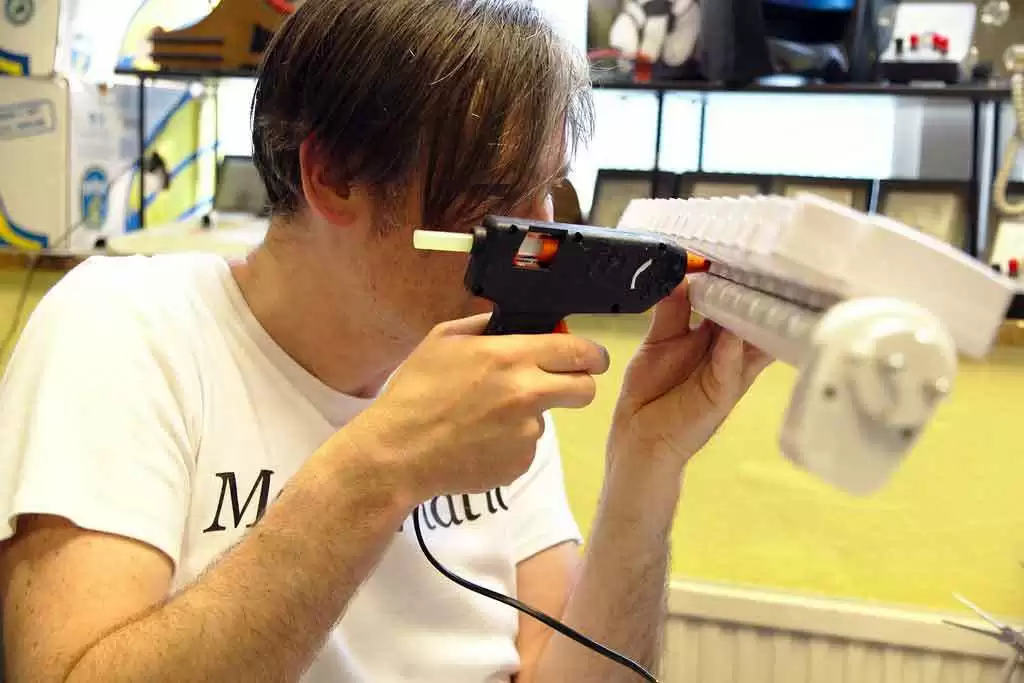Celiac.com 03/02/2015 - Officials at UCLA Ronald Reagan Medical Center have warned 179 people that a fairly routine endoscopy procedure may have left them exposed to a drug-resistant 'super-bug' that infected seven patients, and may have contributed to two deaths. The possible exposures occurred at the UCLA Ronald Reagan Medical Center, between October and January, in patients who underwent a procedure in which a specialized endoscope is inserted down the throat to diagnose and treat pancreatic and bile duct diseases.
 Officials said in an official statement that hospital staff had been sterilizing the scopes according to the manufacturer's standards, but was now using "a decontamination process that goes above and beyond manufacturer and national standards."
Officials said in an official statement that hospital staff had been sterilizing the scopes according to the manufacturer's standards, but was now using "a decontamination process that goes above and beyond manufacturer and national standards."
Celiac.com Sponsor (A12):
Meanwhile, hospitals across the United States have reported exposures from the same type of medical equipment in recent years, and the Open Original Shared Link has said it was working with other government agencies and manufacturers of the scopes to minimize risks to patients.
The FDA says recent medical publications and adverse event reports associated multidrug-resistant bacterial infections in patients who have undergone ERCP with reprocessed duodenoscopes, "even when manufacturer reprocessing instructions are followed correctly."
The multidrug-resistant bacterial infections include carbapenem-resistant Enterobacteriaceae (CRE) such as Klebsiella species and Escherichia coli.
The FDA says that from January 2013 through December 2014, they received 75 medical device reports involving about 135 patients related to possible microbial transmission from reprocessed duodenoscopes. "It is possible that not all cases have been reported to the FDA," the agency says.
Given the fact that celiac disease diagnosis and follow up care require the use of endoscopy, this news is particularly disturbing to those in the celiac community.
Source:
- Open Original Shared Link








Recommended Comments